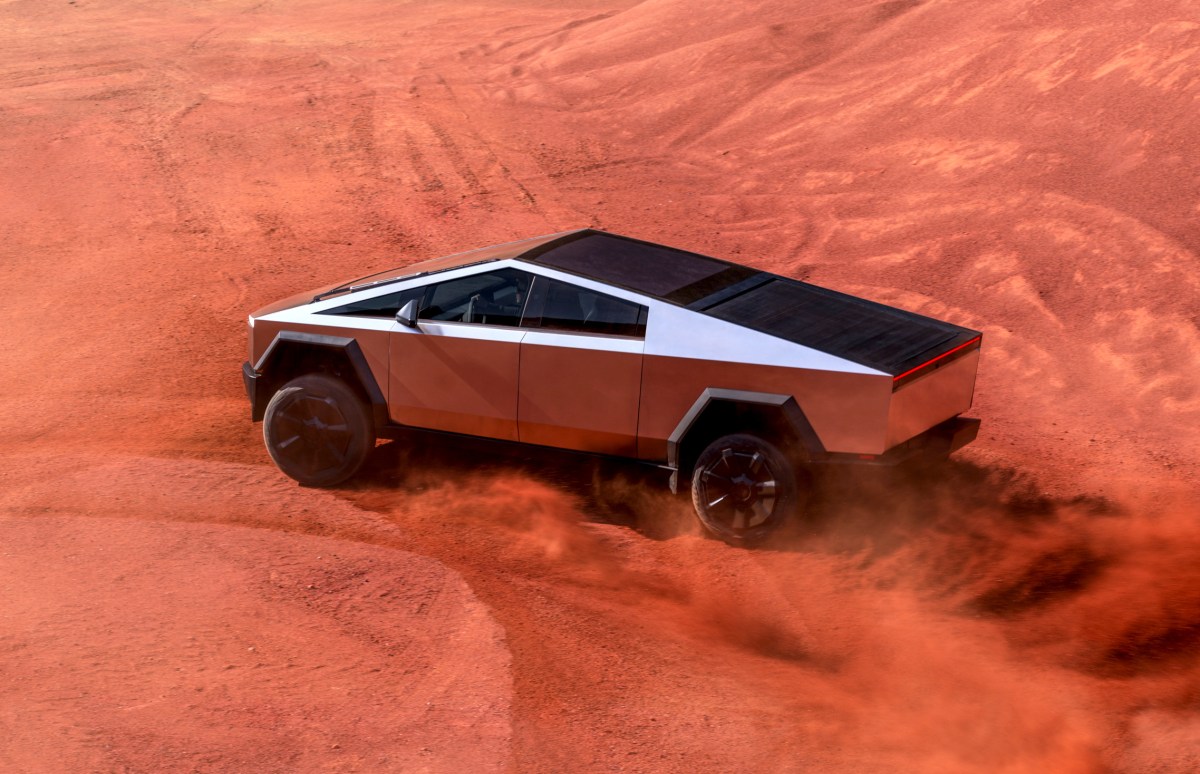
This week in mobility news, Tesla found itself once again at the center of attention with a mixture of challenges and milestones. The electric vehicle giant initiated the week by announcing layoffs, impacting around 10% of its workforce, which exceeds 140,000 employees. CEO Elon Musk’s aggressive push towards autonomy was underscored by his bold statement about going “balls to the wall” on the technology, although the week also saw a setback with a recall of the much-discussed Cybertruck.
Despite a turbulent week for Tesla, the mobility sector continued to buzz with other significant developments. Notably, Serve Robotics, a company specializing in sidewalk robot delivery backed by Nvidia and Uber, marked its entry into the public market through a reverse merger. Serve Robotics has set ambitious goals, planning to expand its robot fleet and eyeing substantial revenue targets in the coming years.
On the regulatory front, insiders in Washington, D.C. hinted that federal autonomous vehicle (AV) regulations are on the horizon, potentially establishing a set of federal guidelines for the burgeoning industry. These regulations could shape the safety standards for AV operation on public roads, allowing for state governments to impose stricter measures if desired.
In the investment sphere, significant deals were brokered, highlighting the dynamic nature of the mobility and technology sectors. Among them, Found Energy grabbed headlines with a $12 million seed funding round for its innovative approach to generating heat and hydrogen from waste aluminum. Additionally, Turkish delivery company Getir and Swtch Energy, which focuses on EV charging solutions for apartment buildings, also made waves with their respective funding news, pointing to a keen investor interest in sustainability and last-mile delivery solutions.
The Advanced Driver Assistance Systems (ADAS) market saw excitement with Mobileye securing orders for its EyeQ6 Light ADAS chips, indicating a strong demand for enhanced vehicular safety features.
Autonomous vehicle endeavours continued to progress, with Waymo exploring new territories for its data collection and mapping efforts, signaling potential expansions into new markets. However, the autonomous driving pioneer wasn’t without its challenges, as San Francisco witnessed a hiccup with several Waymo vehicles disrupting traffic flow due to unforeseen circumstances.
The electric vehicle sector saw General Motors diving deeper into the home EV charging market, launching a vehicle-to-home kit aimed at leveraging EV batteries for home energy needs during blackouts. This move coincides with initiatives by companies like Gogoro and TSMC to bolster clean energy efforts through battery-swapping stations and clean-powered mobility solutions.
As the week wrapped up, the focus on Tesla returned, with the company addressing the implications of its workforce reduction and adjusting its sales strategies amid financial recalibrations. Furthermore, Tesla’s plans to enhance its big rig charging capabilities, despite missing out on federal funding, underscored its commitment to dominating the EV infrastructure landscape.
In the lighter news, upcoming editions will feature insights into the latest trends in electric bikes and reviews of the 2024 Lexus LC 500h and the 2024 Mercedes-Benz eSprinter, among others, offering a glimpse into the future of luxury and commercial electric vehicles.
As the mobility sector continues to evolve, these developments highlight the industry’s complex interplay between innovation, regulation, and market dynamics, painting a picture of a future where technology and transportation increasingly converge.
Source






